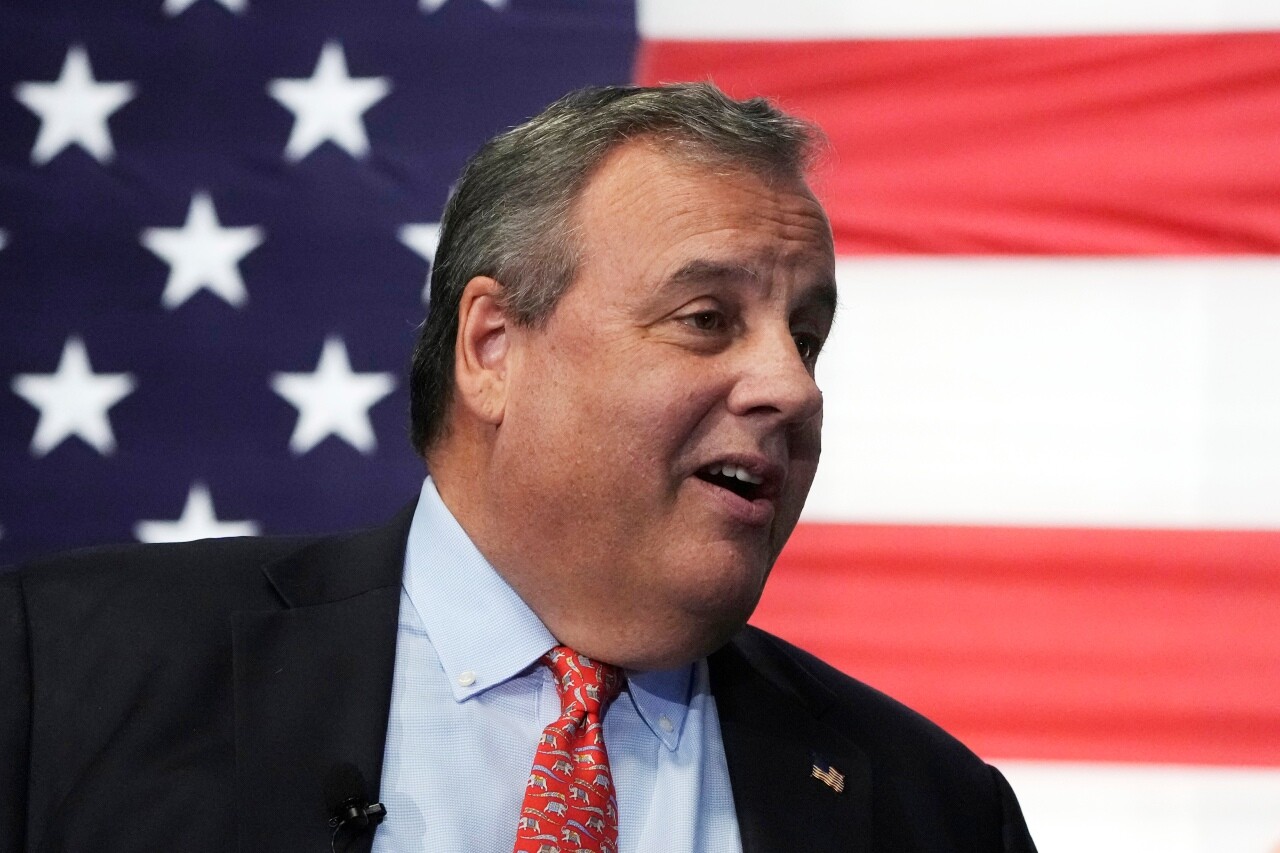Crypto News – Three years ago, the majority of companies in Andrew Durgee’s investment portfolio were based in the United States. However, this year, he expects only one out of every ten investments to be in US-based firms. This shift reflects his firm’s belief that the US government has become increasingly hostile towards digital assets, including cryptocurrencies and tokens.

Mr. Durgee, who serves as the managing director of the crypto division at tech firm Republic, highlights the regulatory uncertainty surrounding the industry as a key factor. He states that the administration has targeted the crypto industry, making investments in the US higher risk.
The crypto sector had already faced challenges, including the collapse of virtual currency prices and the downfall of prominent firms like FTX, associated with Sam Bankman-Fried, who has been accused of one of the largest financial frauds in US history.
In response to these events, US regulators intensified their oversight of the sector. Authorities claim that since at least 2017, crypto firms were aware that their activities violated US financial regulations designed to protect investors.
This increased scrutiny has resulted in numerous charges against crypto companies and their executives, ranging from improper registration and inadequate disclosure to more severe allegations of mishandling consumer funds and fraud.
Bitcoin, as the largest cryptocurrency, is generally considered a commodity similar to gold and has been less affected by the ongoing regulatory discussions. The focus of the regulatory debate revolves around determining whether other digital assets qualify as securities and fall under the jurisdiction of the US Securities and Exchange Commission (SEC).
<Robinhood Announces Stunning News:The Future of Crypto?>
US Government’s Growing Hostility and Regulatory Challenges in the Crypto Industry

The regulatory efforts have primarily impacted firms that issue tokens or coins for fundraising purposes, as well as the exchanges where these digital assets are traded. These exchanges often hold customer funds, execute trades, and engage in activities similar to traditional financial institutions.
The regulatory crackdown reached its peak this month with legal actions taken against two major platforms: Coinbase and Binance.
Gary Gensler, the chairman of the Securities and Exchange Commission (SEC), has defended the recent regulatory actions taken in the crypto industry. He likened the current state of affairs to the 1920s, characterized by hucksters, fraudsters, and Ponzi schemes, leaving the public vulnerable and seeking justice in bankruptcy courts.
According to Will Paige, a research analyst, sentiment towards the industry has significantly soured since 2021 when it was valued at over $3 trillion. Now, it finds itself on the fringes of finance, with trust in the system severely damaged.
In the aftermath of the lawsuits, customers withdrew billions of dollars from the industry. US banks restricted their engagement with platforms like Binance, leading to the suspension of accepting US dollars. Robinhood, the popular trading app, also delisted certain assets named in the lawsuits due to the uncertainty surrounding them.
Critics argue that the SEC, under Gensler’s leadership, is engaging in “regulation by enforcement” to bolster his own political standing. They contend that despite industry attempts to propose new rules, the agency has disregarded the distinctions between various crypto firms and the unique characteristics of the technology, such as decentralized automated processing.
The Crypto Industry: Facing Regulatory Scrutiny and Declining Trust
Industry insiders express frustration, with some struggling to find banks willing to transact with them. Bart Stephens, managing partner of Blockchain Capital, a venture capital firm, perceives a regulatory assault taking place.
Bill Hughes, senior counsel at Consensys, a software company, is more direct, suggesting that the SEC wants to eliminate crypto from the United States.
The impact of the SEC’s actions on the industry, which an estimated one in six Americans have invested in, remains uncertain. The overall market value of crypto has significantly declined, trading volumes have dropped, and developer interest has waned. Trust in the industry remains low, compounded by the failures of traditional banks that were willing to engage with crypto.
Hilary Allen, a law professor, believes that crypto is inherently prone to boom-and-bust cycles and insider manipulation and argues for its prohibition. She suggests that the SEC’s actions, combined with eroding public trust and waning venture capital interest, could confine crypto to the realm of tech enthusiasts, potentially questioning its future viability.
Despite having faced two previous “crypto winters,” Mr. Stephens remains optimistic about the future of the industry. However, he acknowledges that the current approach taken by the United States poses a risk of driving the industry overseas, as other jurisdictions such as the UK and the EU are perceived as more crypto-friendly.
<Bitcoin Price Prediction – BTC Price Range: $25,400 to $26,200>
The US Cryptocurrency Industry: Challenges and Prospects

Bitcoin’s price has stabilized around 2020 levels but has experienced significant gains since the beginning of this year. Ether has also witnessed a rise in value.
Certain indicators monitored by venture firm and crypto-investor Andreessen Horowitz show positive trends. These include an increase in the number of active addresses on the blockchain and the execution of smart contracts.
Mr. Stephens asserts that founders continue to establish new companies and protocols despite the challenges. He reveals that Blockchain Capital invested more money in the first quarter of 2023 than in any quarter of the past decade, a period marked by falling prices and dwindling interest from rival firms.
Gina Pieters, a crypto expert teaching at the University of Chicago, warns that although the industry may thrive outside the US, losing the American market would severely hamper its prospects. She emphasizes that while the US cannot completely destroy the industry, it can certainly diminish its size.
Many individuals in the crypto community are hopeful for a resolution through various means. They anticipate potential interventions from the courts, which may rule that the SEC has exceeded its authority, or from Congress, which is currently reviewing draft legislation related to the industry. Additionally, a change in the White House administration could prompt a policy reversal.
Angela Walch, a research associate at the University College of London Centre for Blockchain Technologies, notes that these issues have reached a critical juncture. She describes the current situation as a definitive showdown, indicating that decisive actions are imminent.



